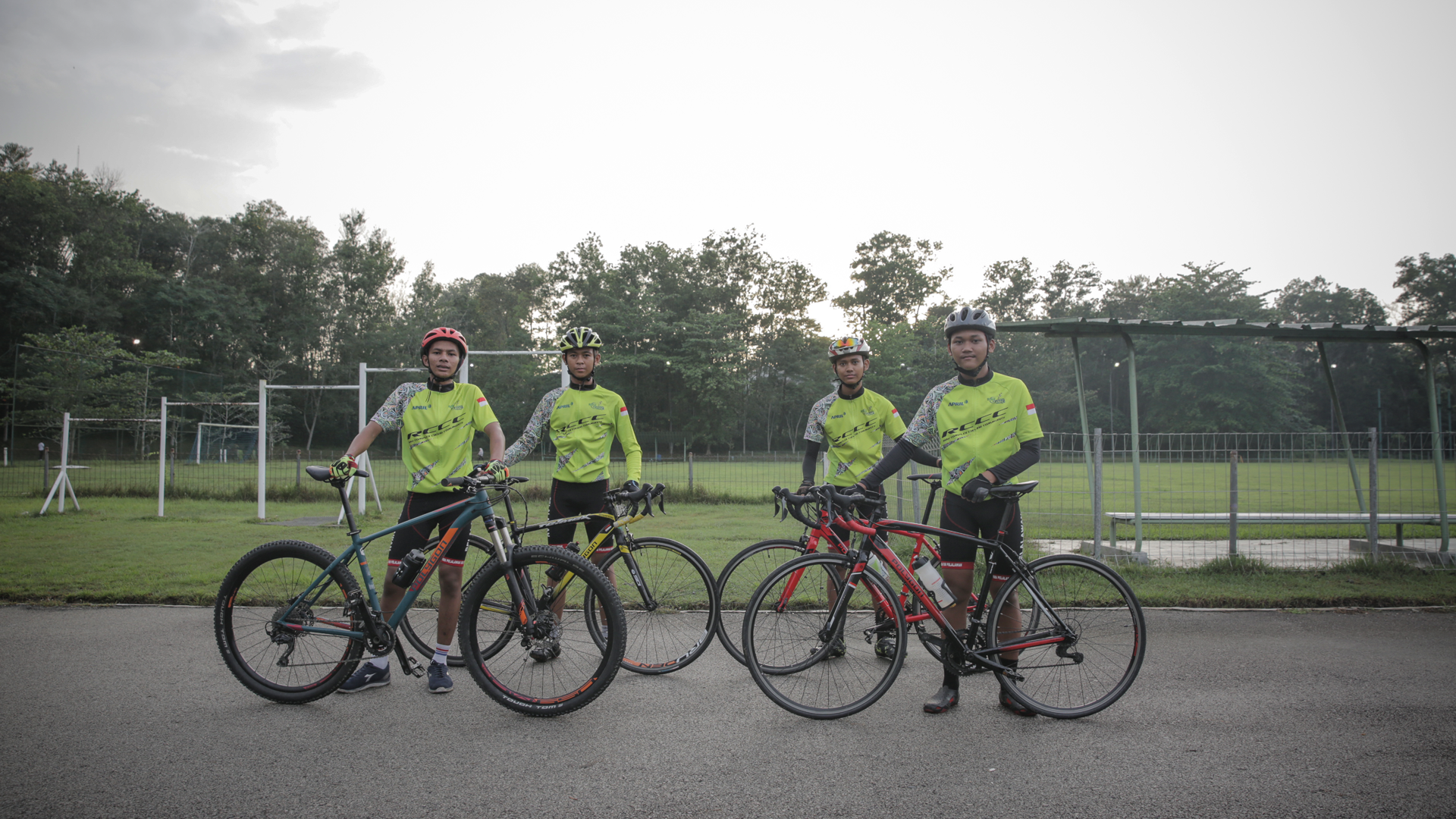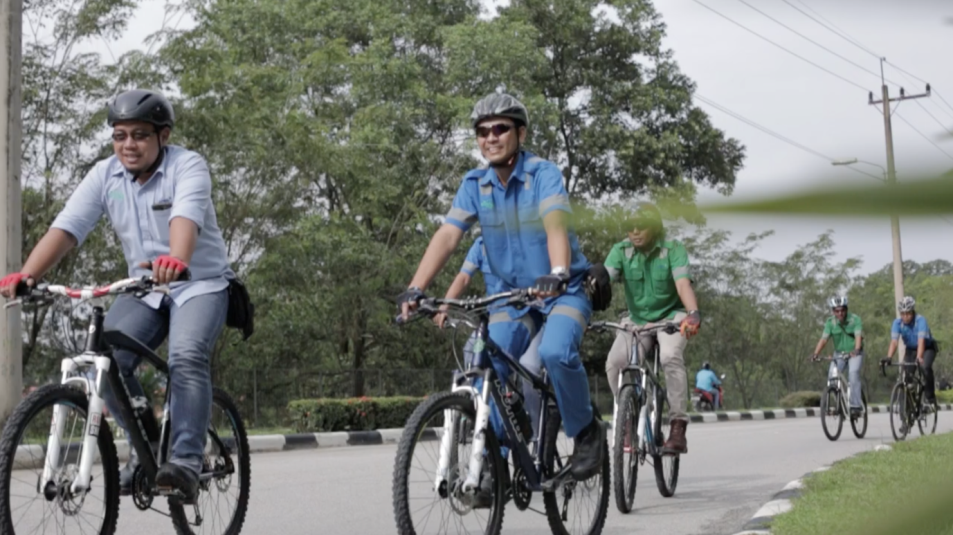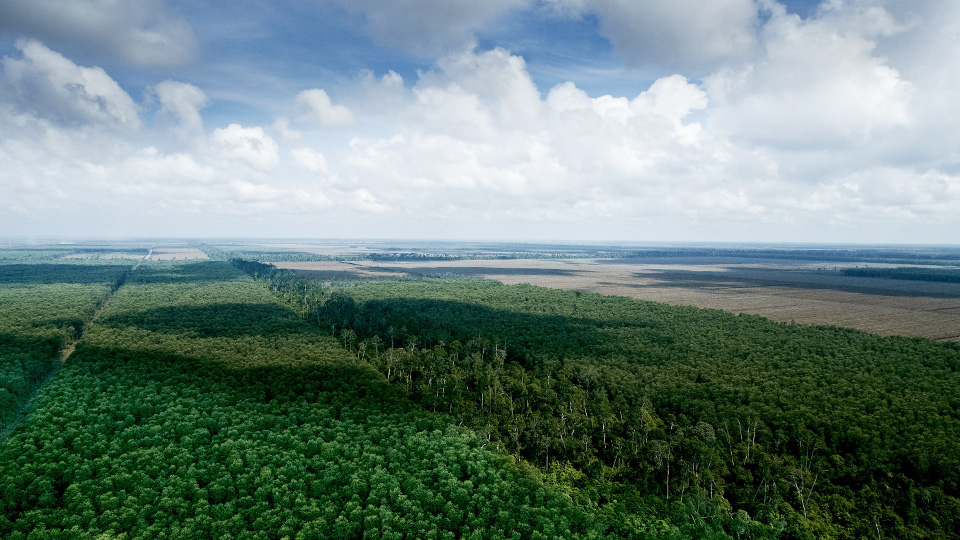The Wheels of Change
- Details
Here's why Indonesia should embrace the current bicycle boom for a green, sustainable future.
Amid the pandemic, people have been finding ways to adapt to new habits. From increasing our fitness level to nourishing our bodies with wholesome food, health has become the priority in our day-to-day life. We learned that there is no better way to strengthen our immune system than to exercise regularly, eat well, get enough sleep, and lead a balanced lifestyle.

The awareness to be more health-conscious and eco-friendly has become a dogma of sorts among urban communities in Indonesia since the mid-2010s, thanks to relentless health and sustainable campaigns led by both for profit and non-profit organizations.
More than a trend, though, cycling is the obvious solution for many urban environments looking for new variables to support a sustainable lifestyle. It doesn’t need much space and it poses little — if any — risk to the environment. Aside from that, cycling helps cities decrease carbon emissions and encourages users to avoid heart disease and other negative impacts of sedentary lifestyles by promoting physical activity.
When the pandemic hit early in 2020, the battle took on a different form: the images of health and fitness were replaced by layers of protective equipment and masks; while the fight for a sustainable environment was exchanged for a global race to find a cure. Later on, when it became clear the pandemic wasn't going anywhere, a collective resolution took hold: exercise more, eat better.
Social-distancing regulations made it difficult for sports facilities to remain open and accessible to the public — thus it was hardly a surprise that bicycle sales rose nearly four-fold compared to the previous year during the pandemic. As soon as the Large Scale Social Restrictions (PSBB) policy was announced back in April 2020, people quickly went to the streets on their shiny and new bicycles.
The bicycle boom officially began.
Sustainable living
Sustainability is often touted as the reason some people choose bicycles as their main mode of daily transportation. By switching from a car or a motorbike to a bicycle, a cyclist is already making an active contribution to sustainable development goals. Still, the big question looms: Will the trend last beyond the pandemic and become an actual habit?Two things may ensure this healthy and sustainable habit will last: continuous support for the cycling community; and actionable efforts to broaden the campaign for high-quality, sustainable transport.
A few years ago, several employees of Riau Andalan Pulp and Paper (RAPP) discovered they share a common love for cycling to work. In 2016, they founded the Riau Complex Cycling Community. Now, the local Riau community speaks for 90 enthusiastic members, ranging between 25 to 50 years old.

"The company supports us by providing a dedicated parking spot inside the mill and encouraging our children to participate in national competitions," says Agung Haryanto, one of cycling enthusiasts.
This sort of commitment to support the cycling community contributes a great deal to ensure a sustainable habit.
Green investment
The government also showed support. Last August, The Ministry of Transportation issued Regulation No.59/2020, which protects the cyclists' right to safety while on the road. Moreover, it governs the technical aspects of safety riding for cyclists and an obligation for all public facilities to provide a dedicated parking space for bicycles.
There is no better moment to invest in this sustainable method of transport than today. At the moment, the pandemic remains a real threat for all of us; and it is likely that public interest in cycling as a form of exercise, alternative transportation or leisurely activity will only continue to grow — as it should.
After all, this is the New Normal, and cycling is the face of a simple and sustainable lifestyle.
*picture was taken before pandemic
More Articles






